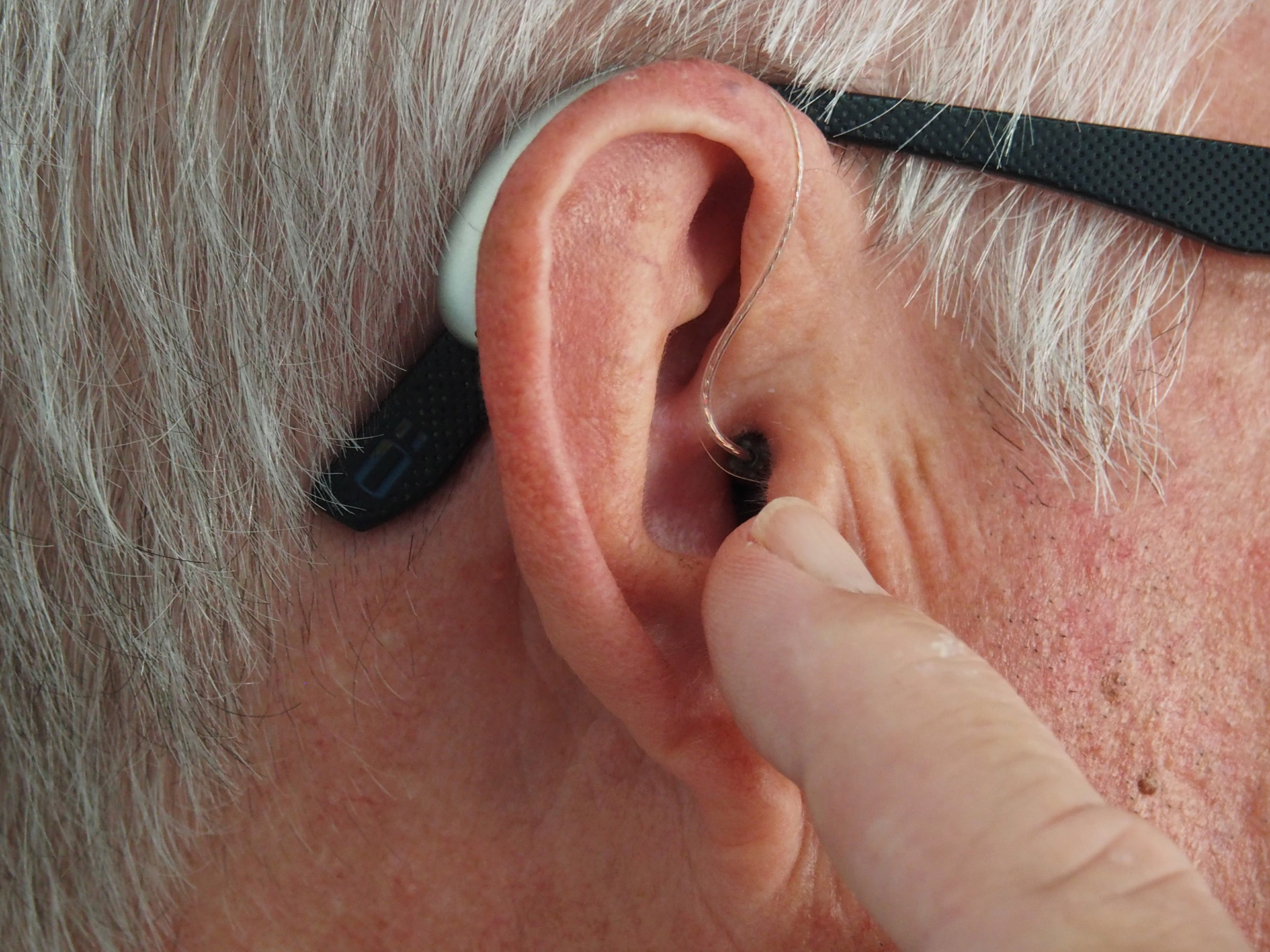There are several different types of hearing loss and they are categorized based on the part of the auditory system that has been affected.
“As such, there are basically five types of hearing loss.”
The aim of this article is to provide some key information about each of this topic.
1. Conductive Hearing Loss
Such types of hearing loss occur because of inefficient conduction of sound through the canal of the outer ear to the eardrum as well as the ossicles (tiny bones) present in the middle ear.
It is characterized by the inability to hear faint sounds or a reduction in the sound level.
“It is possible to correct conductive hearing loss either through medication or surgery.”
Possible Causes
- Presence of fluid in the middle ear because of colds
- Otitis media (middle ear infection)
- Serous otitis media caused by allergies
- Eustachian tube malfunction
- Perforated eardrum
- Benign tumors
- Impacted cerumen (earwax)
- Ear canal infection (external otitis)
- Otitis Externa (Swimmer’s Ear)
- Malformation or absence of the outer ear, middle ear or ear canal
2. Sensorineural Hearing Loss
Damage caused to the cochlea (inner ear) or the nerve pathways that extend to the brain from the middle ear results in sensorineural hearing loss.
Among the different types, the sensorineural type cannot be corrected either through medication or surgery. In fact, it is this type that most commonly results in permanent hearing loss.
“Sensorineural hearing loss reduces the capability to hear weak sounds and loud speech may sound muffled or remain unclear.”
Possible causes
- Illnesses
- Exposure to loud noise
- Medications/drugs
- Genetic/hereditary
- Aging
- Trauma to the head
- Malformation of the inner ear
3. Mixed Hearing Loss
Sometimes conductive and sensorineural hearing loss occurs in combination. This is to say that there may be damages in the outer and the middle ear and in the cochlea as well as the auditory nerve.
Such types of hearing loss that occur because of a combination of problems are referred to as mixed hearing loss.
4. Central Hearing Loss
The outer, middle, and inner ears work together to help people to hear sounds, but it is the brain that helps them understand sounds.
People suffering from such types of hearing loss may be able to hear sounds, but they experience difficulty in processing or understanding the sound they hear.
“Central hearing loss is commonly known as auditory processing disorder.”
Though aging is the main factor, other medical issues can also cause such types of hearing loss.
5. Functional Hearing Loss
Functional hearing loss often involves psychological or emotional problems and not physical damages to hearing pathways.
It may seem as though individuals suffering from such types of hearing loss are not hearing sounds. However, they may have the normal hearing capability.
“Often, it is very difficult to find out the specific emotional cause behind this condition.”
This makes it difficult to recommend a proper therapy to alleviate such types of hearing loss.



